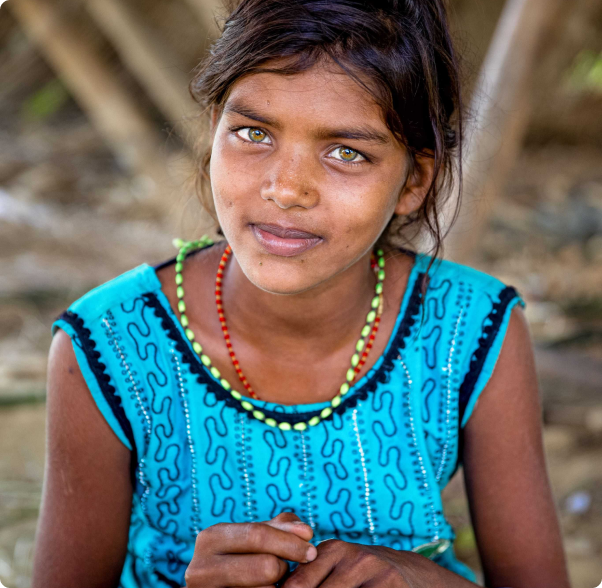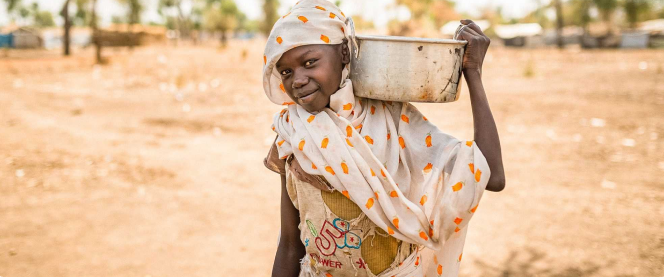Summary
Made up of coastal lagoons, dense forests, and savannas, Côte d’Ivoire (Ivory Coast) is known as the “Jewel of West Africa.” With over 60 indigenous tribes, each with their own distinct identities and traditions, Côte d’Ivoire is a nation of great ethnic diversity. Even short journeys in the country will bring different music, art, festivals, and languages. As one of the largest producers of coffee and palm oil, this nation was once a model of economic prosperity. Yet today it faces economic downfall, national dissension, ethnic division, and political instability.
After gaining independence from France in 1960, Côte d’Ivoire remained stable until the nation’s second president was ousted from power by a military coup in 1999. In the decades since, this nation has struggled to regain unity. Since 2002 it has suffered through two civil wars and multiple military coups. After losing the 2010 election, President Laurent Gbagbo refused to step down from office. This instigated a five month conflict that killed 3,000 and displaced half a million. Ethnic and tribal ties are stronger than a national identity, adding to the unrest that continues to tear the nation apart. The economy has also suffered greatly due to the dropping price of cocoa, on which they heavily rely. Additionally, roughly 500,000 people live with HIV/AIDS, which claims around 40,000 lives each year. Pollution has also been introduced into the Bia River, which acts as a primary source of drinking water for many people.
Like most of West Africa, Côte d’Ivoire is largely split between its primarily Muslim north and Christian south, with approximately 41% claiming Islam and 33% Christianity. Yet even amid national division, the Church is growing in unity through partnerships in radio broadcasting, publishing, and much more. Muslims and Christians are even working together to better their nation through literacy and health centers. These types of partnerships have become powerful avenues for the Gospel. The Church is growing rapidly and churches are being planted, even in the Muslim-dominated north. The Institut Biblique Bethel has played an important role in training these leaders and pastors. Even so, syncretism of Christianity with traditional African beliefs continues to be widespread and detrimental to the Church. Due to the cost of books and Biblical resources, theological materials are limited. A solid understanding of Scripture is greatly needed throughout the Church in Côte d’Ivoire and among its leaders and pastors.




